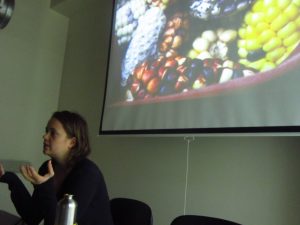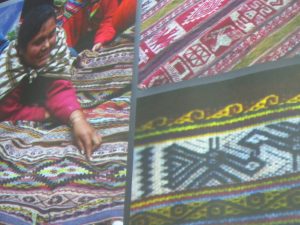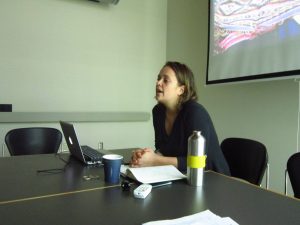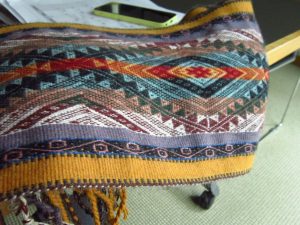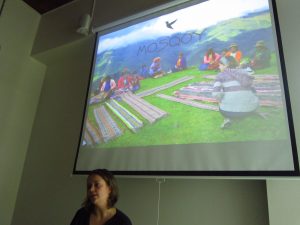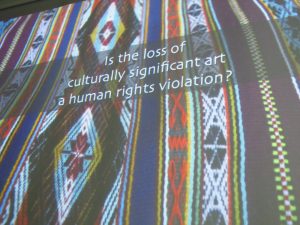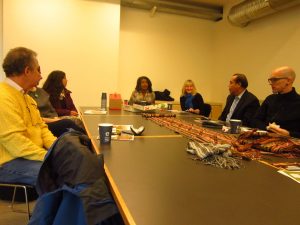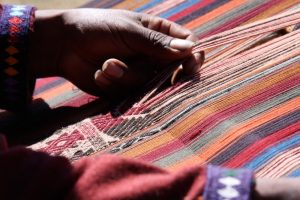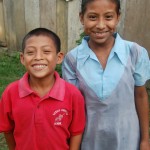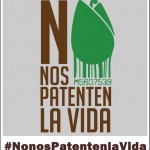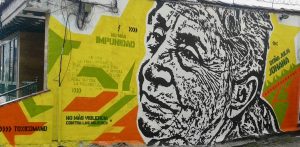
Please join us for the next meeting of the Latin America and the Global research group where we will discuss Sara Ortiz’s research in Cali, Colombia.
Sara is conducting her PhD in the School of Community and Regional Planning. She works with Col·lectiu Punt 6, a group of feminist planners and architects in Barcelona interested in rethinking the built environment from a gender perspective. Her dissertation discusses how planning affects everyday/everynight life of women working at night, and in particular, the impact of gender violence, safety issues and transportation.
When: February 15th, 2017 – 1:00-3:00 pm.
Where: Liu Institute for Global Issues – Research Unit
“Urban safety from a feminist perspective in Cali, Colombia”
In 2014, Col·lectiu Punt 6 in collaboration with the city of Cali, Colombia and diverse women’s groups conducted a safety audit from a gender perspective, in particular applied to public housing projects. In this presentation, she will present the work developed in Cali and the audit results.
Col·lectiu Punt 6 is a cooperative of feminist architects, sociologists and urban planners based in Barcelona, Spain that works on urban planning projects from an intersectional gender perspective. www.punt6.org
See you there!

